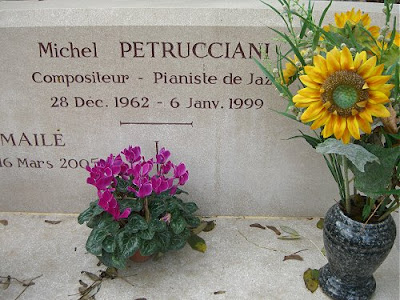Elgar - carrying on Beethoven's business

Edward Elgar, the figurehead of music in England, is a composer whose rank it is neither prudent nor indeed possible to determine. Either it is one so high that only time and posterity can confer it, or else he is one of the Seven Humbugs of Christendom. Contemporary judgements are sound enough on Second Bests; but when it comes to Bests, they acclaim ephemerals as immortals, and simultaneously denounce immortals as pestilent charlatans.
Elgar has not left us any room to hedge. From the beginning, quite naturally and as a matter of course, he has played the great game and professed the Best. He has taken up the work of a great man so spontaneously that it is impossible to believe that he ever gave any consideration to the enormity of the assumption, or was even conscious of it. But there it is, unmistakeable. To the north countryman who, on hearing of Wordsworth's death, said 'I suppose his son will carry on the business' it would be plain today that Elgar is carrying on Beethoven's business. The names are up on the shop front for everyone to read. ELGAR late BEETHOVEN & CO, Classics and Italian Warehousemen. Symphonies, Overtures, Chamber Music, Oratorios, Bagatelles.
This. it will be seen, is a very different challenge from that of, say, Debussy and Stravinsky. You can rave about Stravinsky without the slightest risk of being classed as a lunatic by the next generation. Without really compromising yourself, you can declare the Aprés Midi d'un Faune the most delightful and enchanting orchestral piece ever written. But if you say that Elgar's Cockaigne overture combines every classic quality of the concert to Die Meistersinger you are either uttering a platitude as safe as a compliment to Handel on the majesty of the Hallelujah Chorus or else damning yourself to all critical posterity by a gaffe that will make your grandson blush for you.
Personally, I am prepared to take the risk. What do I care about my grandson? give me Cockaigne. But my recklessness cannot settle the question. It would be much easier if Cockaigne were genre music, with the Westminster chimes, snatches of Yip-i-addy, and a march of the costermongers to Covent Garden. Then we should know where we are: the case would be as simple as Gilbert and Sullivan. But there is nothing of the kind: the material of the overture is purely classical. You may hear all sorts of footsteps in it; and it may tell you all sorts of stories; but it is classical music as Beethoven's Les Adieux sonata is classical music: it tells you no story external to itself and yourself. Therefore who knows whether it appeals to the temporal or the eternal in us? in other words, whether it will be alive or dead in the twenty-first century?
George Bernard Shaw on Elgar in Music & Letters in 1920. Well the good news is that Sir Edward Elgar is very much alive in the twenty-first century, and we wish him a very happy one-hundred-and-fiftieth birthday today, June 2nd 2007.
Now read about Elgar - the first of the new
If the portrait of Elgar looks unfamiliar it is. It is by an unknown artist, the original hangs on my study wall and it has never been published before, copyright On An Overgrown Path. Any copyrighted material on these pages is included as "fair use", for the purpose of study, review or critical analysis only, and will be removed at the request of copyright owner(s). Report broken links, missing images and other errors to - overgrownpath at hotmail dot co dot uk








Comments
May I request a recommendation for a performance of Symphony No. 1?
The release I have is the Naxos # 8.550634 (BBC Philharmonic / George Hurst) and I just don't get it. Brahms is easy for me to decipher but I haven't been able to get my head around this work. I have reluctantly come to the conclusion that perhaps there is a more lucid reading available, or at least one closer to the musical languages/styles which a middle-class Suburban Canadian could understand.
For a performance that really gets to the heart of the symphony try the live BBC recording by Barbirolli and the Hallé. I am sure you will not be disappointed.